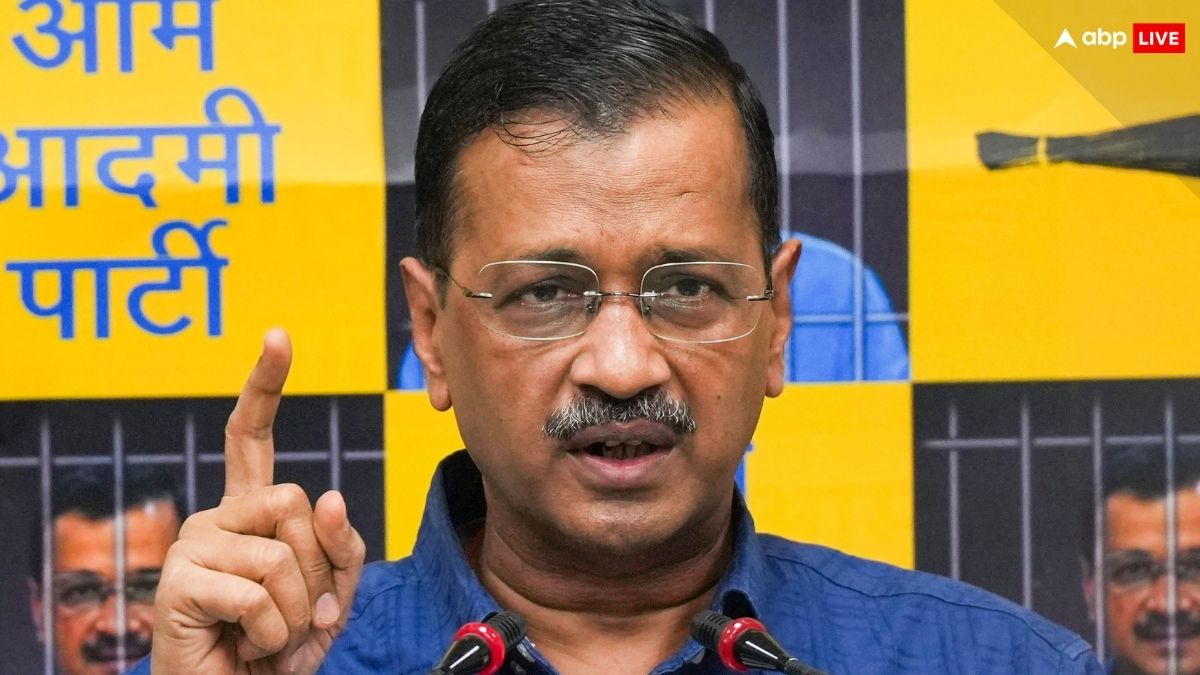The Enforcement Directorate (ED) on Thursday told the Supreme Court that they have material to show that Arvind Kejriwal demanded Rs 100 crore in bribe. ASG SV Raju while appearing for ED said that the bribe was sent through Angardias to Goa and it was used by Aam Aadmi Party (AAP) in the Assembly elections in the state. The ED further informed the court that they will soon make AAP a party to the case. The top court however observed that this is a case of "circumstantial evidence."
A bench of Justice Sanjiv Khanna and Dipankar Datta resumed hearing the Delhi Chief Minister Arvind Kejriwal's petition challenging the Delhi High Court order that upheld his arrest by the ED as legal in the Delhi Liquor Policy case. Solicitor General Tushar Mehta and Additional Solicitor General SV Raju made their submission in the court today.
"We have evidence to show that Rs 45 crore was handled by Chanpreet Singh who paid part of Kejriwal expenses while he was staying in Seven Star hotel in Goa...We have evidence of kickbacks from South Group beneficiaries of the Delhi Liquor Policy case." ASG Raju appearing for ED told the court.
While hearing ASG Raju's submission on the bribe Rs 100 crore and use of Angadias to send money to Goa elections, Justice Sanjiv Khanna said that this argument went against ED in Manish Sisodia's case.
ASG SV Raju replied that it went against them as the top court had said that to implicate Sisodia as an accused AAP will have to be made party to the case. And now the ED will make AAP and Arvind Kejriwal a party in the case in their next complaint which is in the pipeline.
Solicitor General Tushar Mehta and Additional Solicitor General SV Raju made their submission in the court today on whether the arrest of Arvind Kejriwal was legal or not.
The main question before the apex court is examining is if Section 19 of PMLA was compiled while arresting Arvind Kejriwal. Senior Advocate Abhishek Manu Singhvi while arguing his case had contended that the conditions of arrest under Section 19 of PMLA was not complied with by the ED and thus the arrest was illegal.
Section 19 of the PMLA empowers ED officials to arrest persons based on the material in their possession, providing a reasonable basis to suspect that an individual has committed an offence punishable under the law.
However, SG Mehta began his arguments on maintainabilty of Kejriwal's plea and said that the top court cannot go into the case.
"This is for trial court to see whether Section 19 has been complied with or not." SG Mehta contended.
Justice Khanna however said that Section 19 of PMLA imposes certain conditions and if there is violation of certain conditions then courts can interfere...either remand court can interfere or high courts can. you say only remand court...but here they filed a writ before us and we did not open the gates for him earlier.


